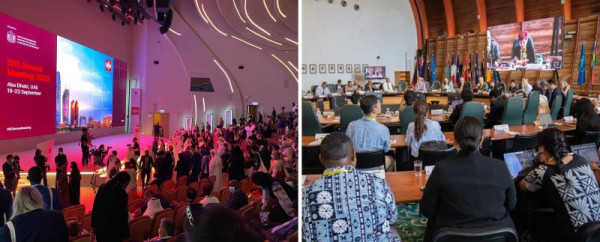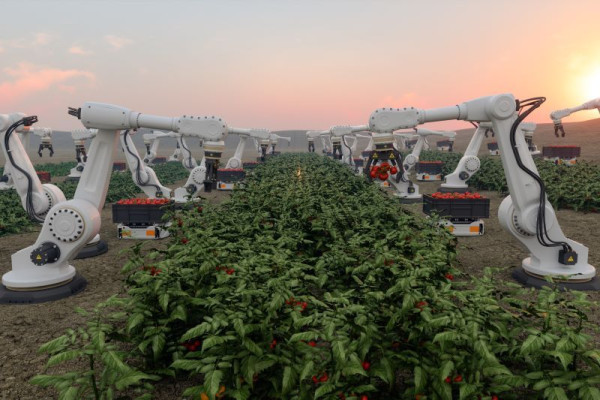International participation
As the national standards body of Aotearoa New Zealand, Standards NZ contributes internationally by:
- facilitating committee membership representation for standards development committees. Standards NZ manages the participation of technical experts on 83 international committees annually, representing about 9 per cent of total international ISO standards committees. Standards NZ targets ISO international committees based on priority sectors and topics important to NZ Inc.
- holding the secretariat for three international committees in electrical safety
- participating in international meetings and general assemblies with other national and international standards bodies to observe global trends, inform strategic direction and work on shared solutions.
This work is important in enabling Aotearoa New Zealand to understand and influence the development of international standards that will have an impact on national interests – for example, in the areas of international trade and interoperability of professional services.
We have seen consistent themes in standards development work emerging from our ISO and IEC international forums. These include renewable energies, carbon emissions reduction, energy efficiency, transport, consumer protection and digital technology. In particular, governments and industry increasingly use national standards bodies to help support climate change action.

As a member of PASC (Pacific Area Standards Congress) and PISC (Pacific Islands Standards Committee), Standards NZ has a focus on supporting specific development initiatives for the benefit of Aotearoa New Zealand’s Pacific neighbours. In the longer term, as Standards NZ achieves its aspirations to increase its access to technical resources and funding, Standards NZ will look to increase the scope of its international participation activities and influence in the Pacific region.
This past year, Standards NZ facilitated participation in and observation of 208 ISO and 125 IEC committees.
Standards NZ also participated in several international standards forums and activities including:
- the International Electrotechnical Committee general meeting, which included a regional lobby group, the Asia-Pacific Cooperation Forum (APCF), and the ISO general assembly
- the Pacific Area Standards Congress (PASC), a regional lobby group to promote the interests of Pacific-area standards bodies within ISO and IEC
- eight ISO Asia-Pacific monthly meetings, which provided updates from ISO’s central office
- eight IEC National Committee secretary-related meetings, which included updates and workshops from IEC’s central office
- two IEC Asia-Pacific new revenue group meetings, which focused on identifying potential new revenue streams for IEC National Committees
- the Pacific Islands Standards Committee (PISC)
- the Pacific Area Standards Congress (PASC) 45th forum.
By participating in these international meetings and activities, Standards NZ is contributing to the development of global standards and promoting New Zealand’s profile in the global standardisation community.
New Zealand contributing to global smart farming initiative
New Zealand benefits by having a finger on the pulse of the latest innovations and technology in farming.
This year saw the publication of a 170-page scoping report from New Zealand’s Strategic Advisory Group on Smart Farming (ISO SAG-SF) to ISO (International Organization for Standardization), which is looking to develop global standards in ‘smart farming’.
With agriculture a considerable contributor to New Zealand’s economy, and agritech so widely employed,
New Zealand was invited by ISO to be a participant with 23 other participating countries. This gives us equal and direct influence over international standards development that can influence the growth of this key sector.
Smart farming uses automated Farm Management Decision Systems and remote access to real-time facts and applies a macro-scale ‘planet-wide’ view of impacts that interactions on the farm may have. This in turn can support changes needed to farming practice in response to climate change and increase efficiency.
During scoping, the committee came up with around 300 different elements that needed to be considered within smart farming standards. With the initial scoping work done, ISO will form a technical committee to develop recommended standards over the next couple of years. Future participation means we as a country can have first-mover advantage, helping support the profitable, sustainable growth of agriculture across the 45,000 farms in New Zealand.
When ISO anticipates the imminent arrival of revolutionary change, that being the emergence of transformative external forces, they form a SAG. It’s indicative of how standards have the power to influence change, and here they recognise that modern-day agricultural technology is moving to the third generation and that New Zealand can contribute to shaping good practice.

